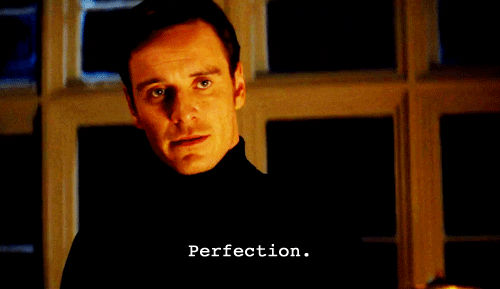dragulagu
Galactic Explorer
- MBTI
- INTJ
- Enneagram
- 549
The laws of thermodynamics.
Are they always correct?
If so, there would not have been a big bang. If not, we could not speculate about the future of the universe.
These came after the Big Bang though. I don't think there's any theory that could state with certainty that the Thermodynamic laws would work in accordance to a state before
the Big Bang. There is an exception which is proposed as the Cyclical Universe (eg. the Universe would return to a Singularity state, revoking a new Big Bang, so we can then take essentially take
thermodynamic laws into account within the whole process before/after the big bang). Though I don't think that can currently be proven. At least, current observation leans more towards endless expansion.
Cyclical Universe
https://accelconf.web.cern.ch/e06/PAPERS/THESPA01.PDF
http://www.physics.princeton.edu/~steinh/endlessuniverse/askauthors.html
Expanding Universe
https://www.space.com/13393-universe-endless-void-big-crunch.html
https://map.gsfc.nasa.gov/universe/uni_fate.html
I'm not completely following on the speculate part?
If you know the story of Münchhausen and his horse..., it will be impossible to prove anything from within itself.
Even mathematics cannot prove itself (Gödel)
I do not know the story, no. What is it about?
Gödel's incompleteness theorems are an interesting take.
https://plato.stanford.edu/entries/goedel-incompleteness/
The first incompleteness theorem states that in any consistent formal system F
within which a certain amount of arithmetic can be carried out, there are statements of the language of F
which can neither be proved nor disproved in F.
According to the second incompleteness theorem, such a formal system cannot prove that the system itself is consistent (assuming it is indeed consistent).
So if we take these into account, assuming these are true. It would mean we (in an extreme extent use of these theorems) as part of the Universe's system, are not able to
give a complete description of our Universe within the Universe system, given these descriptions are based on our arithmetic system. We can only describe an approximation...hmm.



